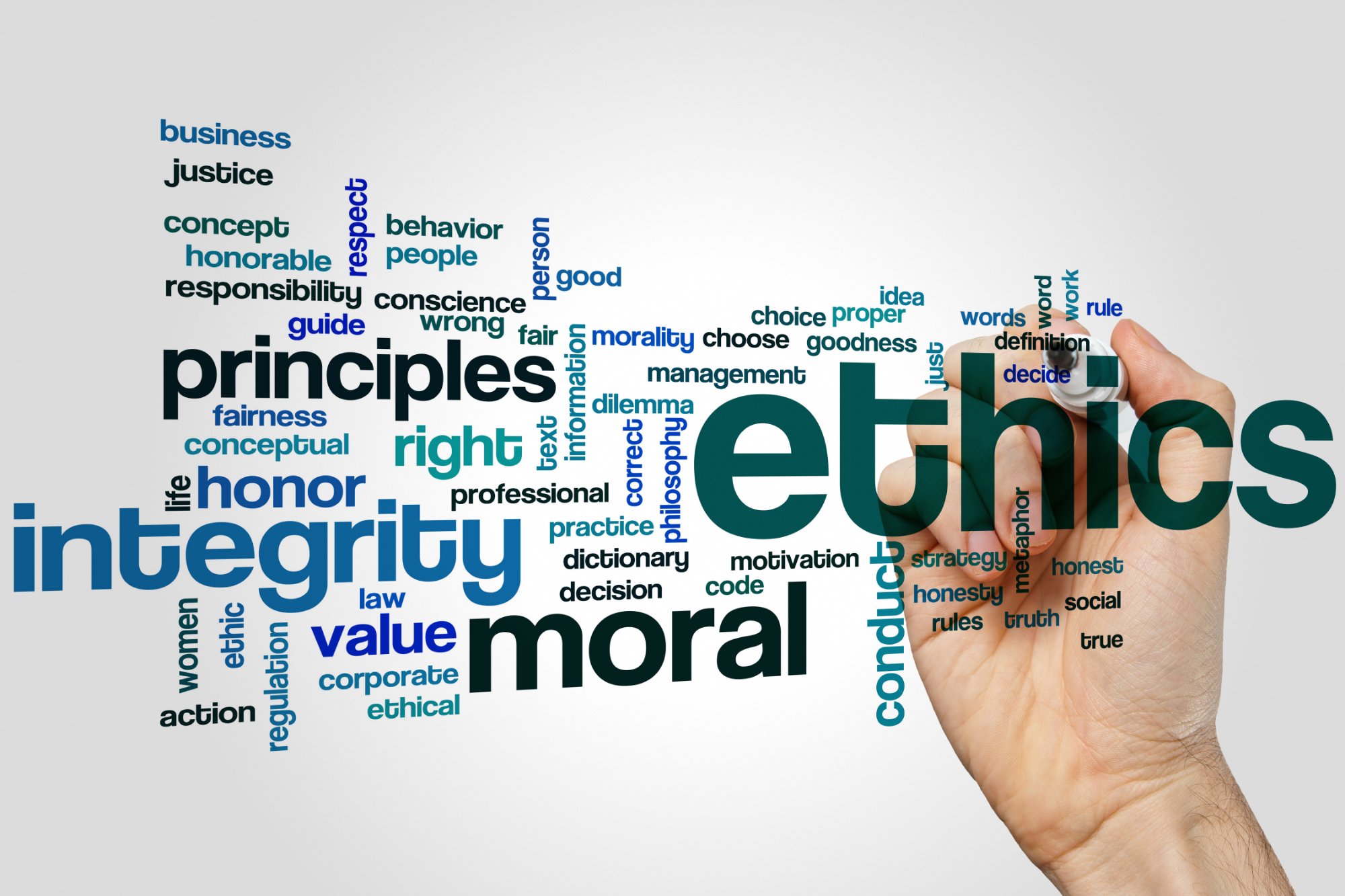Ethics in Cancer
There are ethical issues to consider across the whole spectrum of cancer control. This section considers topics spanning the issue from prevention to end of life care. Some issues are generic to medicine in general because they encompass principles like the centrality of respect for each patient, which translates to the provision of sufficient information to allow autonomous decision-making, or ensuring equitable distribution of health resources and the attempted elimination of disparities in health care opportunities. Others are more specifically related to cancer, such as ethical issues around public health messaging about cancer risk, or the recognition of over-diagnosis and its consequences when recommending a cancer screening program.
Many irregularities and competing interests—in pharma, in trials, in government approval, and in the clinical use of cancer drugs—impact ethically on the care and costs of patients with cancer. Non-representative clinical trials with imprecise endpoints and misinformed patients with unrealistic expectations compel interventions that are mostly not in their best interests.
Spending a six figure sum to prolong life by a few weeks or months is already unaffordable, and inappropriate for many of the 20% of the (Western) population who will almost inevitably die from solid tumor metastases.
Ethical cancer care demands empowerment of patients with accurate, impartial information followed by genuinely informed consent in both the clinical trial and therapeutic settings.
Intensified prevention, earlier detection, more prompt and radical treatment of localized and regional disease, together with highly skilled, earlier, supportive care are the important yet underfinanced priorities in cancer control. Ethical impediments to sound practice need to be addressed and corrected. Above all, the efficacy bar for approval needs to be raised for both new and existing cancer drugs —by using more meaningful statistical and disease specific criteria of risk-benefit and cost-benefit. Finally, aggressively targeting the less than ethical actions of stakeholders in the heavily veiled medical-industrial complex may be the only way forward: current market driven rather than health driven priorities and practices do not benefit cancer patients.
The ethics of marketing cancer
Cancer care is big business and there are significant opportunities for unethical marketing practices by various segments of the industry. Because the target population is especially vulnerable, it is essential that strict ethical guidelines are adopted and that appropriate oversight be put in place to ensure compliance. The primary stakeholders for marketing are pharmaceutical companies and large medical centers striving for increased market share. The target populations for marketing of cancer include practitioners as well as consumers. The latter group is especially vulnerable because of fears and anxiety related to their diagnosis.
Cancer patients, and individuals who are concerned about the development of cancer, are particularly vulnerable because the disease is so feared. While it is not currently considered immoral to market to vulnerable populations, as some have previously claimed, these individuals may be at greater risk of harm to intrinsically immoral marketing approaches. Care must be taken to abide by the tenants of ethical marketing put forth by the references and ensure that honesty, fairness, respect, transparency and citizenship are core principles of any cancer marketing campaign.
Pharmaceutical marketing for cancer-related products is regulated by the FDA or another administration in other countries and credible evidence for any claims represented is required. However, none of them regulate advertisements distributed by not-for-profit entities such as hospitals and medical centers. Cancer marketing by hospitals and cancer centers focus on “emotion more than fact” and may be misleading, implying that new equipment or new services will lead to improved outcomes without providing data to substantiate such assertions. The recent researches highlight that cancer centers in particular infrequently provide information about risks and costs but rather focus on emotional messages that utilize hope and fear as primary motivators.
Ethics of Ongoing Cancer Care for Patients Making Risky Decisions
In cancer care, we believe in a model of shared decision making. 1 This is particularly true in the management of early-stage breast cancer, which can involve difficult decisions regarding surgical approach and adjuvant therapy. Patient preferences weigh heavily in determining the ultimate course of care. Oncologists understand that a patient may decline therapy or a component of therapy regardless of the physician’s recommendation. However, although there has been considerable attention in the literature to shared decision making, there has been relatively little attention to what happens when patients and physicians disagree. What are the oncologist’s obligations in the ongoing care of that patient?
The 2011 American Medical Association Code of Ethics states that physicians have an obligation to discuss benefits, risks, and costs of appropriate interventions, and patients then have the right to accept or refuse any recommended medical treatment. If an informed patient refuses care and declines further follow-up, the oncologist’s role is limited. The oncologist should offer the patient an opportunity to reestablish care should the patient change his or her mind. The situation becomes more complex if the patient selects alternative therapy and wishes to continue follow-up with the oncologist.
Ref:
- Randall F. Holcombe, The ethics of marketing cancer, Journal of Cancer Policy 3 (2015) 1–2
- Jeffrey Peppercorn, Ethics of Ongoing Cancer Care for Patients Making Risky Decisions,2012 by American Society of Clinical Oncology
- Peter H Wise, Cancer drugs, survival, and ethics, BMJ 2016;355:i5792
